In 2025, Germany stands as a beacon for immigrants seeking opportunity, refuge, and a new beginning, yet its immigration system is a complex tapestry of policies, challenges, and cultural shifts. A decade after former Chancellor Angela Merkel’s historic decision to open Germany’s borders to over 1 million migrants in 2015, the nation continues to grapple with the legacy of that moment while adapting to new global realities. From stringent visa processes to cultural integration hurdles, immigrants face both opportunities and obstacles. This article explores Germany’s evolving immigration policies, visa pathways, personal stories of triumph and struggle, and practical tips for cultural adaptation, offering a comprehensive guide for newcomers and those supporting them.
Evolution of Germany’s Immigration Policies
Germany’s immigration framework has undergone significant changes since 2015, when Merkel’s “Wir schaffen das” (“We can do this”) declaration welcomed a surge of refugees, primarily from Syria, Afghanistan, and Iraq. By 2025, the country has tightened its policies to balance humanitarian commitments with economic and security priorities. The Skilled Immigration Act, expanded in 2023, remains a cornerstone, prioritizing skilled workers to address labor shortages in sectors like healthcare, IT, and engineering. However, asylum policies have become stricter, with accelerated procedures and increased deportations for those whose claims are rejected. In 2024, Germany processed 328,000 asylum applications, approving only 41%, a drop from previous years due to enhanced vetting.
The government has also introduced measures to curb irregular migration, including enhanced border controls within the Schengen Area and agreements with countries like Türkiye to manage migration flows. A new Integration Act mandates language and civic courses for newcomers, aiming to foster social cohesion. These policies reflect Germany’s dual focus: welcoming those who contribute economically while addressing public concerns about integration and security.
“Germany remains committed to humanitarian values, but we must ensure sustainable integration,” said Interior Minister Nancy Faeser in a 2025 policy address. “Our laws prioritize both fairness and order.”
Visa Pathways and Application Processes
Germany offers a range of visa options for immigrants, from temporary work permits to permanent residency pathways. The Blue Card, designed for highly skilled non-EU workers, requires a university degree and a job offer with a minimum annual salary of €58,400 (or €45,300 in shortage occupations like nursing). The Job Seeker Visa allows professionals six months to find employment, while the Ausbildung Visa supports vocational training for younger applicants. Asylum seekers, meanwhile, must navigate the Federal Office for Migration and Refugees (BAMF), where applications are processed within 6–12 months, though delays can occur.
Practical tip: Prepare meticulously for visa applications. Ensure all documents—degrees, job contracts, or asylum claims—are translated into German by certified translators. Engage with immigration consultants or organizations like the German Red Cross for guidance. Processing times vary: Blue Card applications take 4–8 weeks, while family reunification visas may require 3–6 months. Always verify requirements through the German Foreign Office or local consulates to avoid rejections.
Challenges of Immigration in Germany
Immigrants in Germany face multifaceted challenges, from bureaucratic hurdles to societal prejudice. The asylum process, while structured, can be daunting. Applicants often endure long waits in reception centers, with limited access to work or education. In 2024, over 100,000 migrants were housed in temporary facilities, some facing substandard conditions. Language barriers also pose significant obstacles, as 70% of employers require at least B2-level German proficiency for skilled jobs.
Discrimination remains a persistent issue. A 2025 study by the Federal Anti-Discrimination Agency found that 25% of immigrants reported workplace bias, particularly those from Middle Eastern or African backgrounds. Housing discrimination is also prevalent, with landlords in cities like Berlin and Munich often favoring native applicants. These challenges underscore the need for resilience and resourcefulness.
“I arrived from Syria in 2016, dreaming of a new life,” shared Ahmad, a 32-year-old engineer in Hamburg. “But finding a job was tough. My accent made employers hesitant, even with my degree. I took language classes and networked tirelessly—it took two years, but I’m now a project manager.”
Practical tip: Join local integration programs, such as those offered by the Goethe-Institut or community centers, to improve language skills and build networks. For discrimination issues, contact the Federal Anti-Discrimination Agency, which provides free legal support. Persistence in job applications and leveraging platforms like Xing or LinkedIn can open doors.
Cultural Integration and Adaptation
Adapting to German culture is both a challenge and an opportunity for immigrants. Germany’s emphasis on punctuality, direct communication, and rule adherence can feel unfamiliar to newcomers from more collectivist or flexible cultures. For instance, 89% of Germans value punctuality as a professional trait, per a 2024 cultural survey. Social norms, like addressing colleagues formally or recycling meticulously, also require adjustment.
Language is the linchpin of integration. While many Germans speak English, especially in urban areas, proficiency in German unlocks better job prospects and social acceptance. Integration courses, mandatory for many visa holders, cover language, history, and civic values, with 600–900 hours of instruction. Beyond language, understanding German traditions—like Oktoberfest or Christmas markets—helps immigrants feel connected.
Practical tip: Immerse yourself in local life by joining clubs, such as sports teams or cultural associations, to build friendships. Attend free community events, like Stadtteilfeste (neighborhood festivals), to experience German culture. For language learning, use apps like Duolingo or enroll in subsidized courses at Volkshochschulen (adult education centers). Be patient—cultural fluency takes time but fosters belonging.
“When I moved from Nigeria to Munich, I felt like an outsider,” said Chidinma, a 28-year-old nurse. “Joining a local choir changed everything. Singing German folk songs helped me learn the language and make friends. Now, I feel at home.”
Success Stories of Immigrants in Germany
Despite challenges, countless immigrants have thrived in Germany, contributing to its economy and cultural diversity. Take the story of Leyla, a 34-year-old Syrian refugee who arrived in 2015. After completing an integration course and earning a B2 German certificate, she launched a catering business specializing in Middle Eastern cuisine. Her Berlin-based company now employs 12 people, including other refugees, and caters to corporate events. “Germany gave me a chance to rebuild,” she said. “It wasn’t easy, but hard work and community support made it possible.”
Another success is Vikram, a 29-year-old Indian software developer who secured a Blue Card in 2023. Initially struggling with Germany’s formal workplace culture, he adapted by taking mentorship from colleagues and attending industry meetups. Today, he leads a tech team in Frankfurt, earning €75,000 annually. “The key was persistence and learning to communicate directly,” he shared. “Germans appreciate clarity, and I grew to value it too.”
These stories highlight Germany’s potential as a land of opportunity. In 2024, immigrants contributed €150 billion to Germany’s GDP, with 25% of startups in Berlin founded by non-Germans. Success requires grit, adaptability, and leveraging available resources.
Practical tip: Seek mentorship through programs like StartHope@Home, which connects immigrants with local entrepreneurs. Attend job fairs, such as those hosted by EURES, to network with employers. Document your journey—writing a blog or sharing on platforms like X can inspire others and attract opportunities.
Legal Guidance and Policy Updates
Navigating Germany’s legal landscape is critical for immigrants. The Residence Act governs visa and residency rules, with recent updates tightening requirements for permanent residency. Applicants now need 5 years of legal residence (or 3 years for skilled workers) and proof of financial stability. Asylum seekers face stricter criteria, with accelerated deportations for those from designated “safe countries” like Albania or Georgia.
The Project 2025 initiative, a proposed EU-wide framework, could further reshape Germany’s policies by harmonizing asylum standards and introducing digital visa platforms. However, critics warn it may limit protections for vulnerable groups like Dreamers (young undocumented migrants). Staying informed is essential, as policies evolve rapidly.
“Immigrants must be proactive about their legal status,” advises Dr. Maria Schmidt, an immigration lawyer in Berlin. “Delays or incomplete applications can lead to rejections. Always consult professionals and track policy changes.”
Practical tip: Monitor updates via the BAMF website or subscribe to newsletters from organizations like Pro Asyl. For legal issues, contact free counseling services offered by Caritas or Diakonie. Keep records of all interactions with authorities to avoid complications.
Looking Ahead: The Future of Immigration in Germany
As Germany navigates 2025, its immigration landscape will continue to evolve. Climate change, aging populations, and global conflicts will drive migration, with 500,000 new arrivals projected annually by 2030. Technological advancements, like AI-driven visa processing, promise efficiency but raise concerns about accessibility for low-income applicants. Meanwhile, Germany’s commitment to diversity—evident in its 3.5 million-strong Turkish diaspora—offers hope for inclusive growth.
Immigrants like Ahmad, Chidinma, Leyla, and Vikram embody the resilience and potential that define Germany’s migrant story. Their journeys underscore a universal truth: while challenges abound, determination, community, and knowledge pave the way to success. Germany in 2025 is a land of contrasts—strict yet welcoming, structured yet diverse. For newcomers, embracing its complexities is the first step toward a brighter future.
Final tip: Build a support network early. Connect with local NGOs, attend cultural events, and engage with expat communities on platforms like X. Share your experiences and learn from others—every story strengthens the immigrant tapestry.

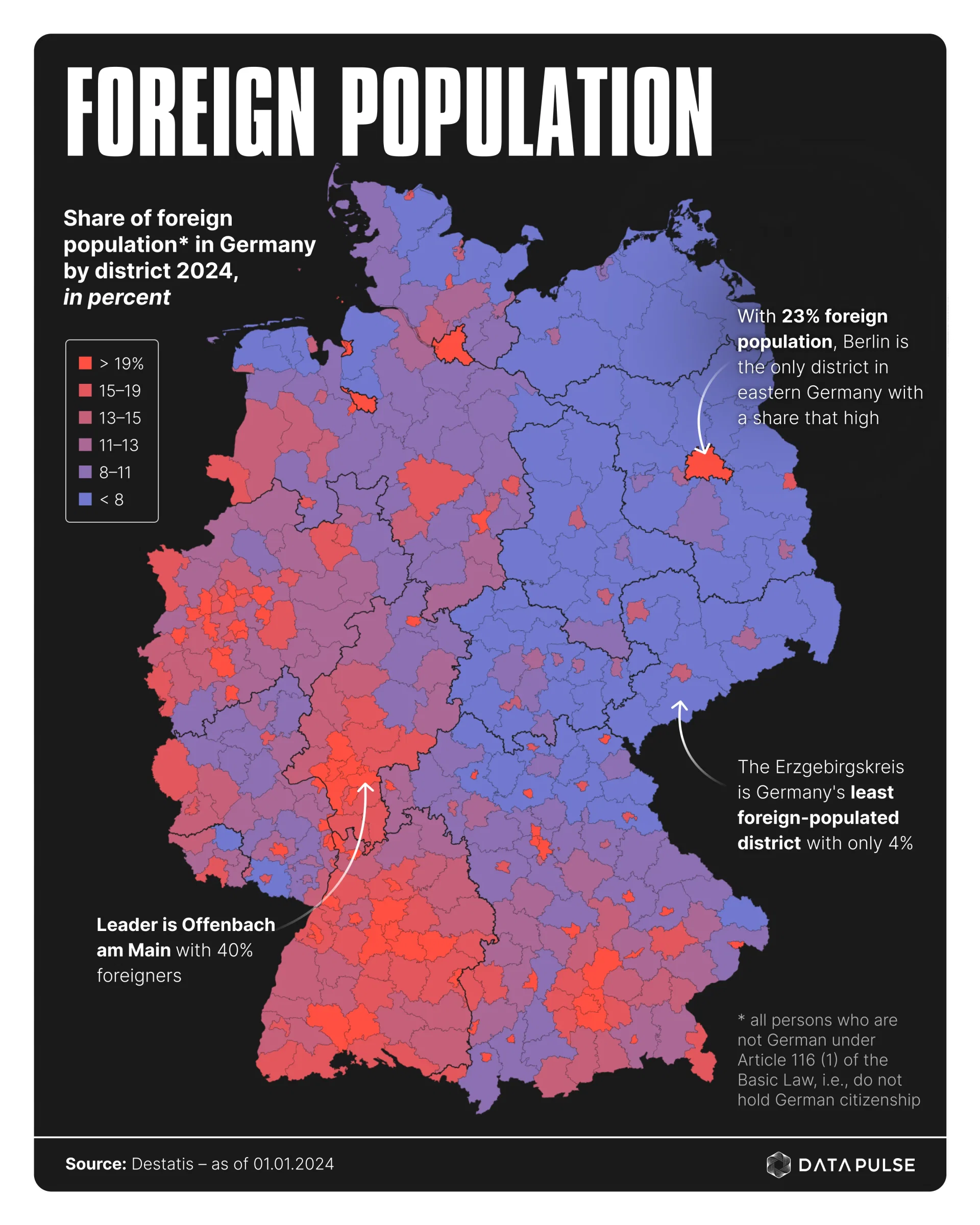

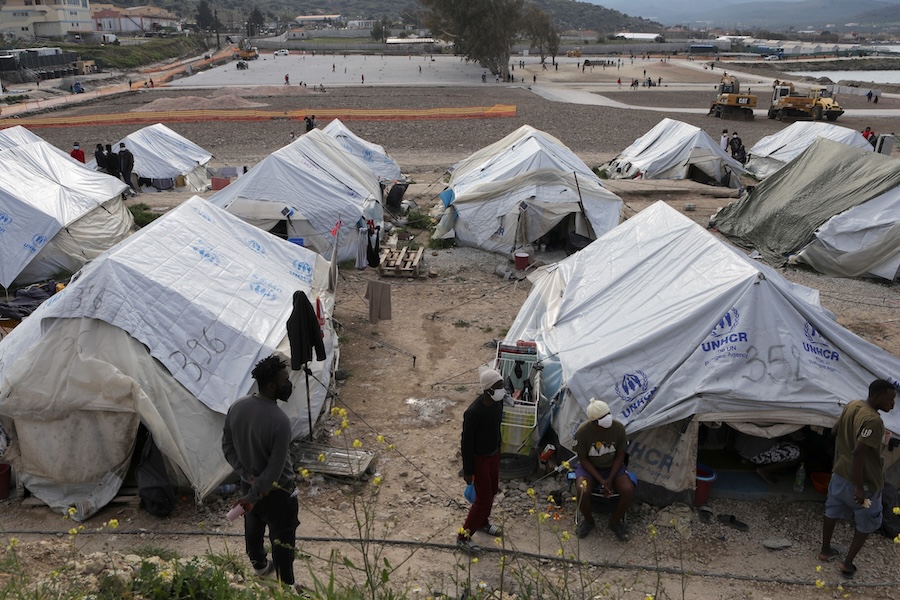







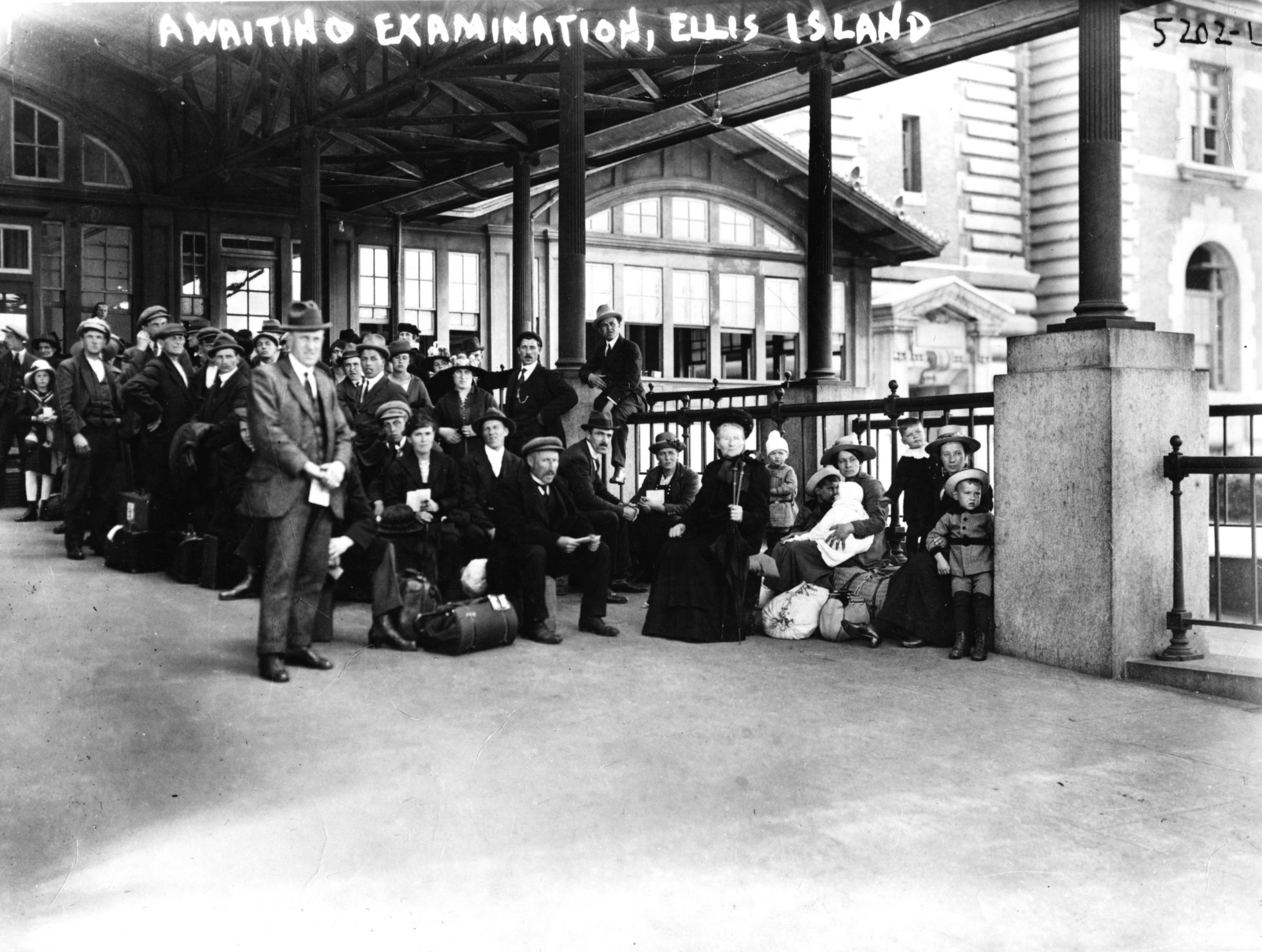
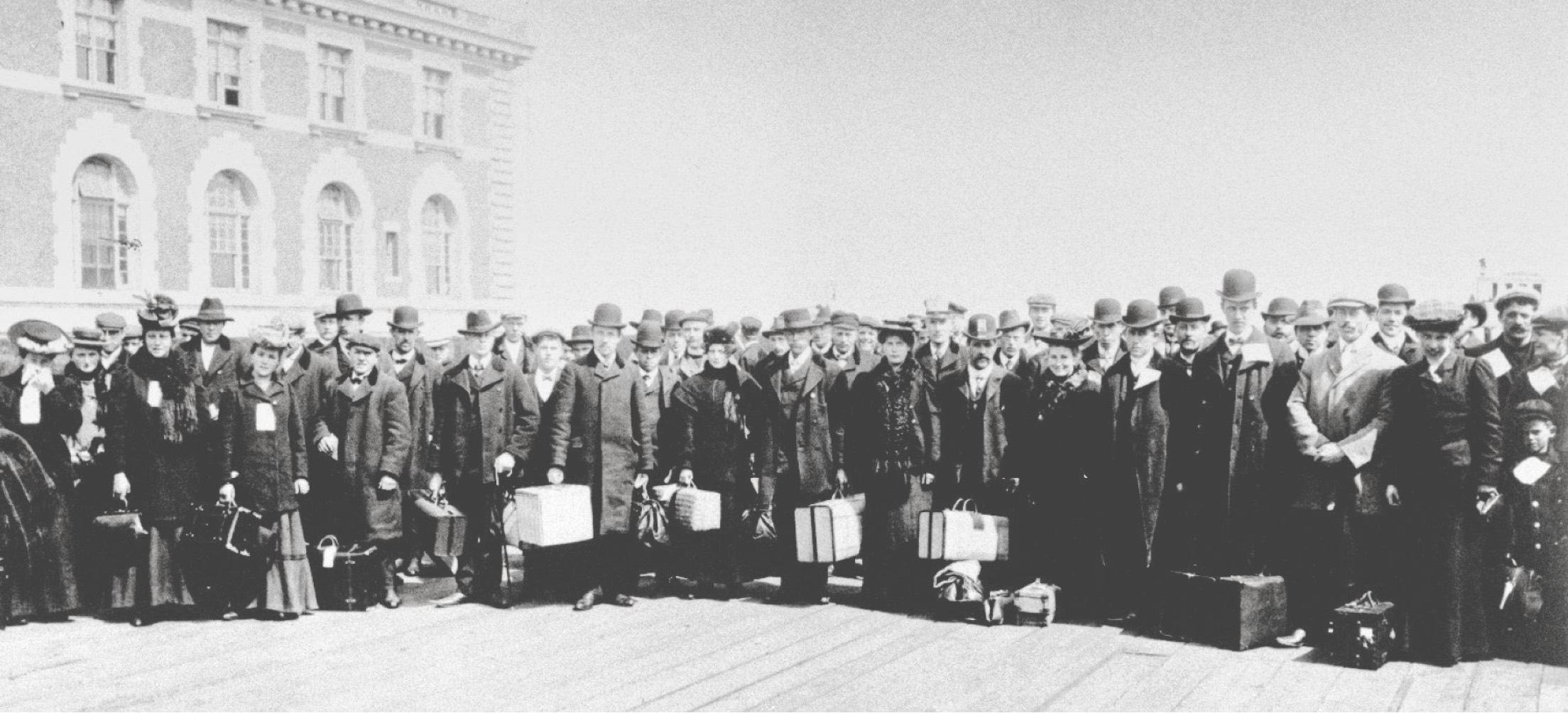
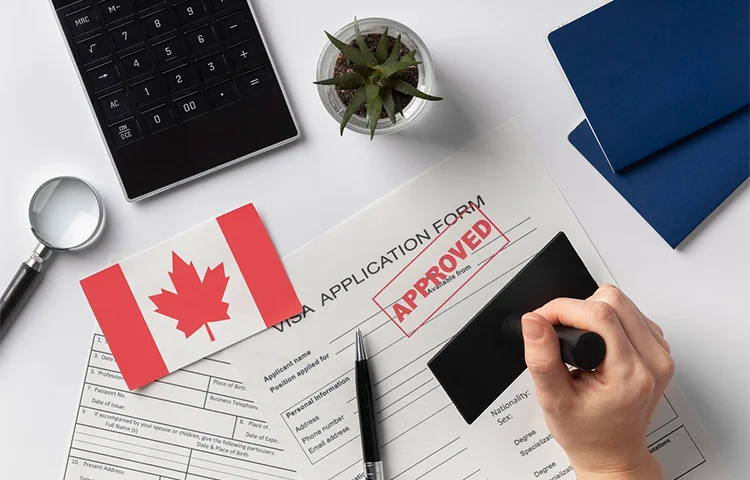





0 Comments